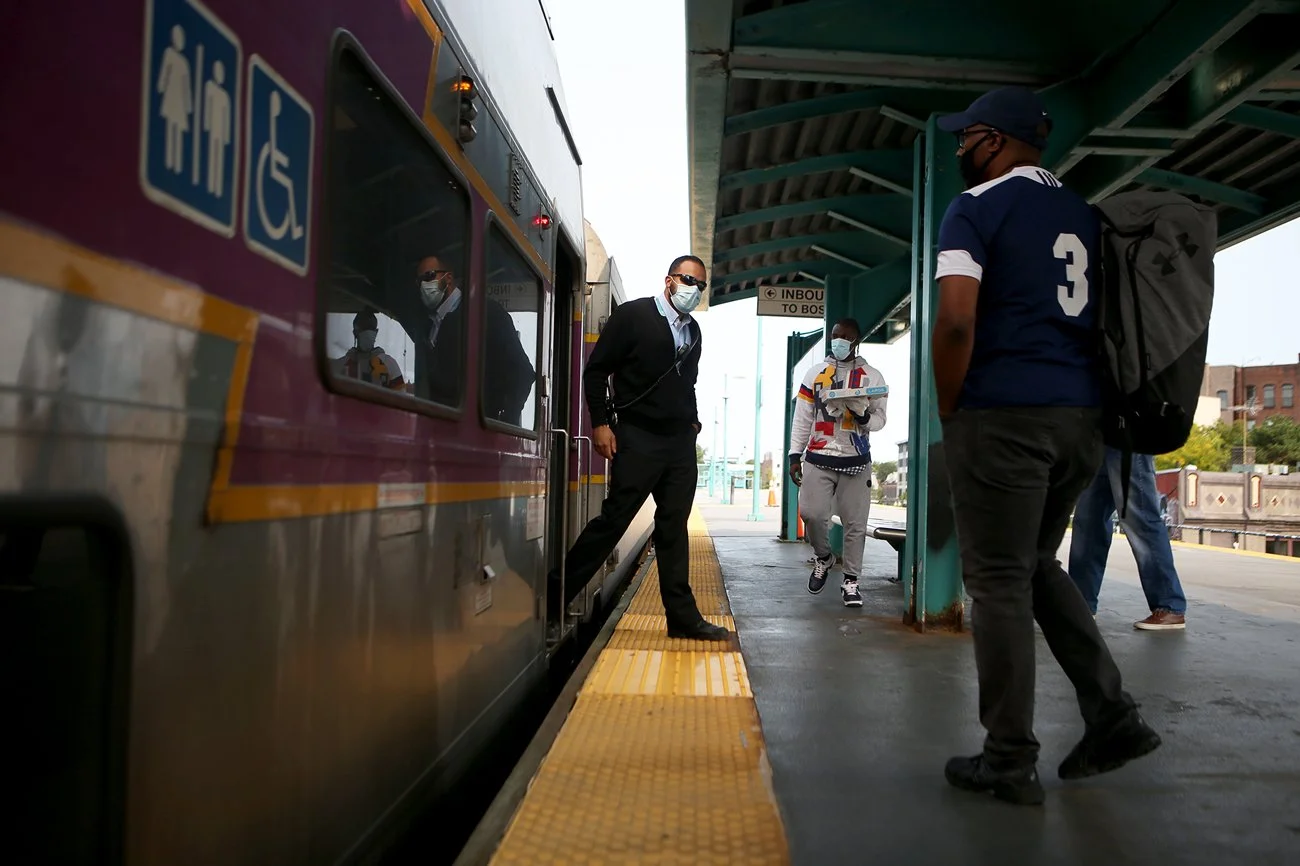Below are the comments we presented to the MBTA Fiscal Management Control Board on March 4, 2019:
BOSTON, March 04, 2019 — The MBTA’s proposed 2019 fare increase does not meet any appropriate test for a fair, timely or necessary increase.
The MBTA has sought to justify this increase by pointing to an operating budget deficit. The FY20 deficit is a manufactured one, as the Board has chosen to shift state funding intended for operating costs to the capital account. While performing more repair work is laudable, this cost shifting is made necessary because of the T’s significantly underfunded capital program. If the MBTA’s capital program were fully funded there would be no need to shift operating funds to the capital account. We believe that state funds intended to pay for operating costs should be used for operating expenses, and that the T should develop a comprehensive plan to generate substantial net new revenue that will realistically satisfy its serious capital needs.
Apart from this budget-shifting device, the MBTA adheres to the view that raising fares on a regular two-year cycle is a virtuous discipline. This “eat your peas” approach to revenue generation ignores one important metric that ought to inform any request for a fare increase: performance. We know of few thriving enterprises that raise prices without corresponding performance improvements. While we acknowledge and appreciate the work this board and staff have done to reverse historic trends, performance has not met expectations, and much more must be done before we once again ask riders to bear the burden of a fare increase.
Moreover, fare policy cannot be approached on auto-pilot. Just because the MBTA can raise fares every two years doesn’t mean that it must do so. Decisions such as this ought to be carefully considered within a transparent framework informed by performance metrics and specific policy objectives, including equity, competitiveness and commitment to invest in strategic initiatives like Regional Rail and the Blue/Red connector.
We are convinced that raising fares without the prior commitment of the governor and legislature to raise TNC fees and the gas tax is bad policy. It is more than simply inequitable. It is fundamentally wrong- headed as a business plan as it exacerbates the public subsidy for vehicular travel and pushes more riders away from transit and rail and onto TNCs or private vehicles. This is bad policy, unsustainable and contrary to the Governor’s stated commitment to reducing greenhouse gas emissions.
TransitMatters also supports the other activists and civic leaders who are calling for a fare equity agenda that includes:
Ending discussion of distance-based bus and subway fares, which have been shown to be regressive, as more residents are being priced out of housing close to job centers.
Rezoning commuter rail fares so that all of Boston is included within Zone 1A and no municipality is split between multiple fare zones.
Ensuring that AFC 2.0 fare vending machines are conveniently and strategically located for the maximum convenience of all riders.
Fare policy can no longer be developed and implemented by the MBTA in a vacuum, or without reference to the overarching goal of increasing ridership by moving toward a more equitable, reliable and sustainable system.We understand the challenges and complexities of running a large transit and rail system that suffers from decades of chronic disinvestment.Establishing policies that do not put the transit and rail network at a competitive disadvantage in an era where attractive mobility choices are more plentiful than at any time in history, requires the Secretary, the FMCB and MBTA leadership to rise to the occasion as never before. We hope that they will view this proposed fare increase as ill-advised and ill-timed.

